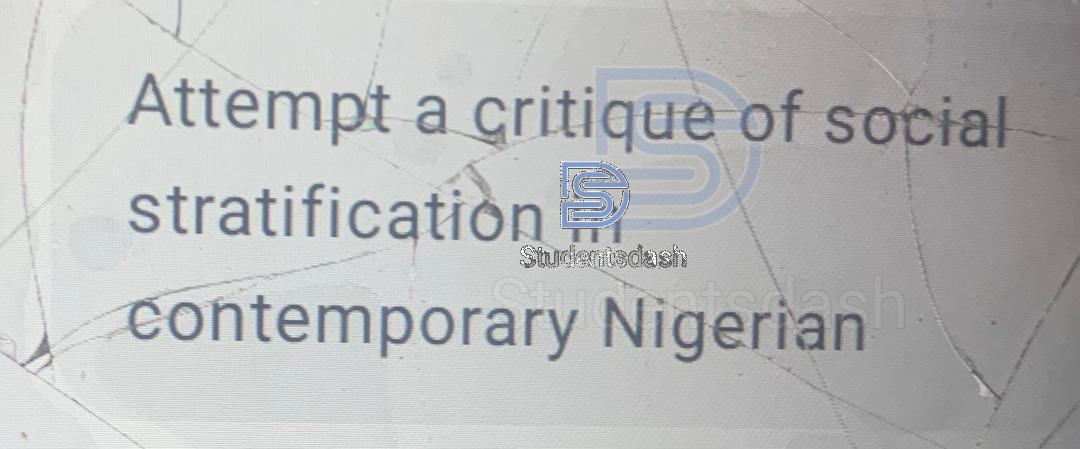HIR 107 Assignment Questions and Answers
Assignment
- Foreign Policy is a State’s craft but the responsibilities are performed by individuals. Discuss
Submission is on Monday, 24/2/25.
ANSWERS
Foreign policy is often described as the craft of the state a set of strategies, principles, and actions devised to protect national interests on the international stage. At its core, it is a deliberate exercise of statecraft, built upon institutional structures, diplomatic traditions, and strategic doctrines. However, the responsibilities inherent in this craft are ultimately performed by individuals. Leaders, diplomats, advisors, and bureaucrats bring to life the abstract goals of the state, and their personal judgments, biases, and competencies can shape, redirect, or even redefine a nation’s foreign policy. This essay examines the interplay between the state as an abstract entity and the individuals who operationalize its foreign policy, arguing that while the framework is provided by enduring institutions, the nuances of decision-making and implementation rely heavily on human agency.
The State as an Institutional Framework
States develop foreign policy within a framework of established institutions, laws, and strategic doctrines. This framework is built over centuries through historical experiences, cultural norms, and political ideologies. For instance, many modern states are influenced by long-standing traditions in diplomacy, international law, and military strategy. These elements collectively create a blueprint that guides how a nation interacts with the global community. The abstract nature of the state as a collection of policies, interests, and ideals provides continuity and stability that transcend individual leadership changes.
The Indispensable Role of Individuals
Despite the robustness of institutional frameworks, it is individuals who translate abstract policy into concrete actions. Leaders, such as presidents, prime ministers, and foreign ministers, are at the forefront of decision-making. Their personalities, beliefs, and experiences influence how policies are interpreted and executed. For example, the strategic recalibration during President Nixon’s opening to China or the decisive leadership shown by figures like Margaret Thatcher in her handling of international crises underscores how personal initiative can drive significant shifts in foreign policy.
Diplomats and advisors also play a vital role. Their expertise and negotiation skills often determine the success or failure of diplomatic engagements. The subtleties of language, the art of persuasion, and the ability to build trust are human skills that cannot be fully codified into legal frameworks or policy documents. In crisis situations such as conflict resolution or emergency diplomatic negotiations the capacity of individuals to assess rapidly evolving circumstances and adapt accordingly is crucial.
The Interplay Between Structure and Agency
The relationship between state institutions and individual actors highlights a central debate in international relations theory: the tension between structure and agency. Realist perspectives emphasize the constraining power of the international system and state interests, suggesting that policies are largely determined by material factors such as military power and economic resources. In contrast, constructivist approaches argue that ideas, identities, and individual actions can reshape the international order.
In practice, foreign policy is neither entirely predetermined by systemic factors nor solely the product of charismatic individuals. Rather, it is a complex interplay where the state’s institutional setup provides the boundaries and possibilities, while individual actors navigate these boundaries with personal insight and creativity. For instance, during moments of diplomatic impasse, it is often the bold or innovative approaches of individuals that break deadlocks and open new channels for negotiation. Conversely, a leader’s personal misjudgment can lead to foreign policy blunders, even within a well-structured system.
Case Studies in Individual Influence
Historical examples abound where the individual has played a decisive role in shaping foreign policy. Consider the example of Henry Kissinger, whose tenure as National Security Advisor and later Secretary of State saw a dramatic reshaping of U.S. foreign policy during the Cold War. Kissinger’s personal approach to realpolitik, marked by secret negotiations and strategic flexibility, redefined the United States’ engagement with both adversaries and allies. Similarly, leaders in non-Western contexts have often injected personal vision into foreign policy, adapting global ideas to local contexts in ways that reflect both national aspirations and individual leadership styles.
These case studies illustrate that while the state may set broad strategic goals, the nuances of how these goals are pursued—and how crises are managed—rest on the shoulders of individuals. Their ability to interpret international signals, manage diplomatic relationships, and respond to unforeseen challenges determines the effectiveness of a nation’s foreign policy.
Conclusion
In summary, foreign policy embodies the duality of being a state’s craft while being executed by individuals. The institutional frameworks and strategic doctrines of the state provide a necessary structure that ensures continuity, stability, and legitimacy. However, it is the individuals within these frameworks who transform policies into action. Their personal characteristics, decision-making styles, and interpersonal skills add a layer of unpredictability and dynamism to foreign policy. Recognizing this dual nature is essential for understanding international relations: while states craft policies through enduring structures, the real impact on the global stage comes from the people who make, negotiate, and implement these policies.
This interplay between structure and agency remains a central theme in the study of international relations, underscoring the importance of both robust institutional frameworks and visionary, competent individuals in shaping the world order.
Submission Date: Monday, 24/2/25

